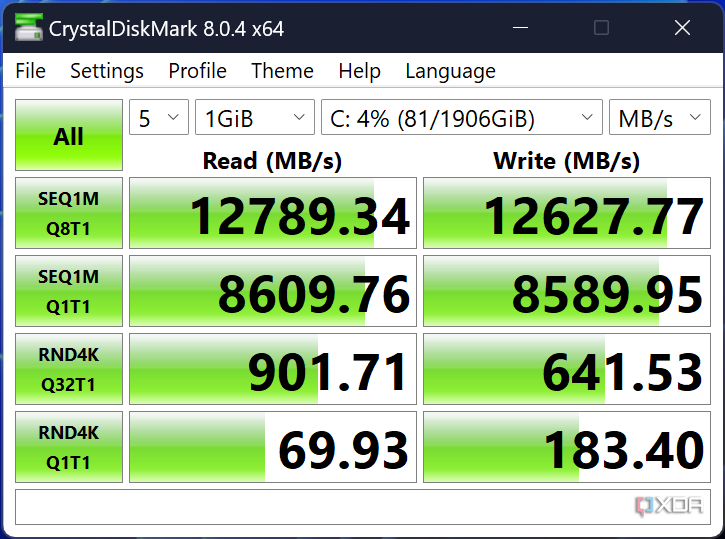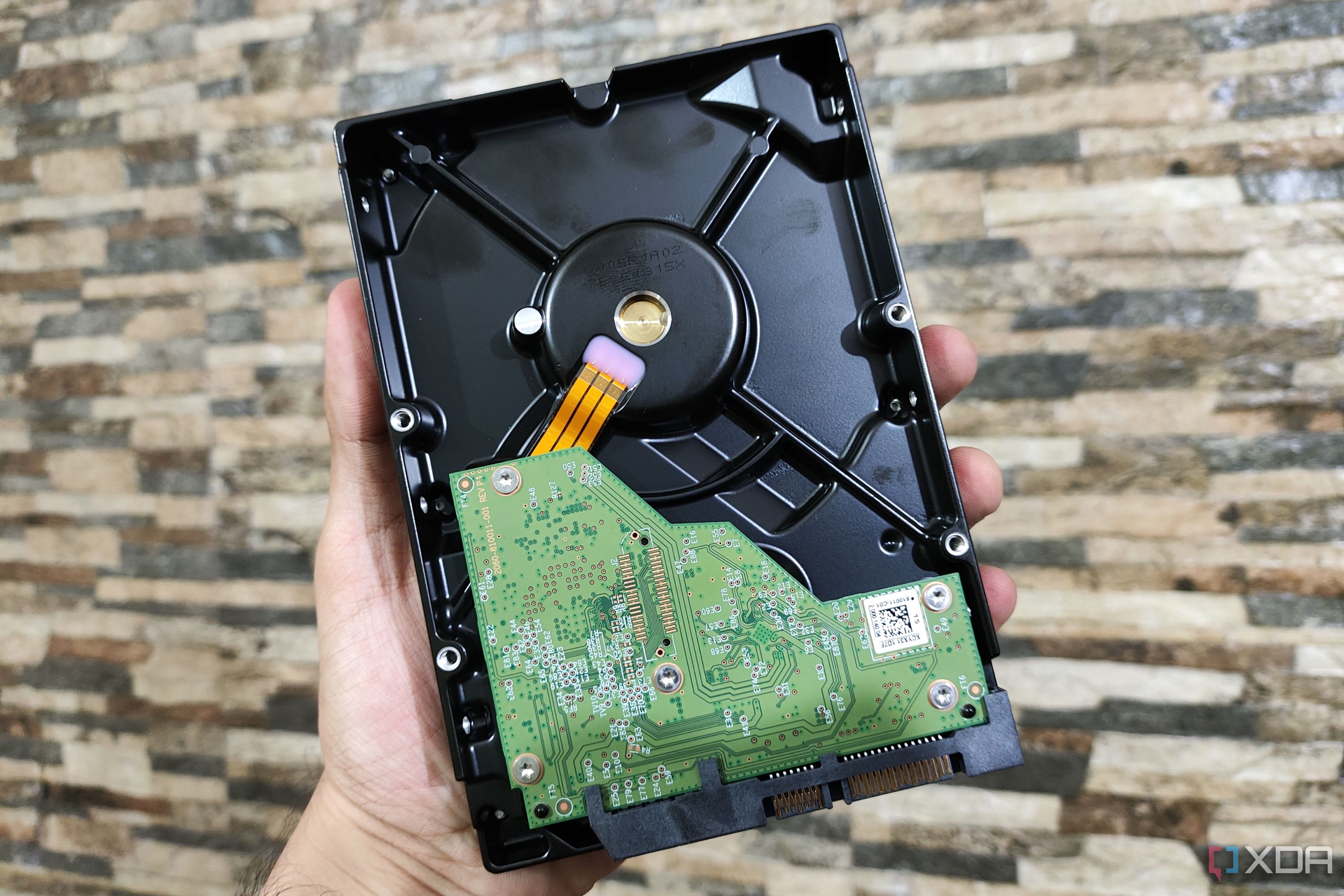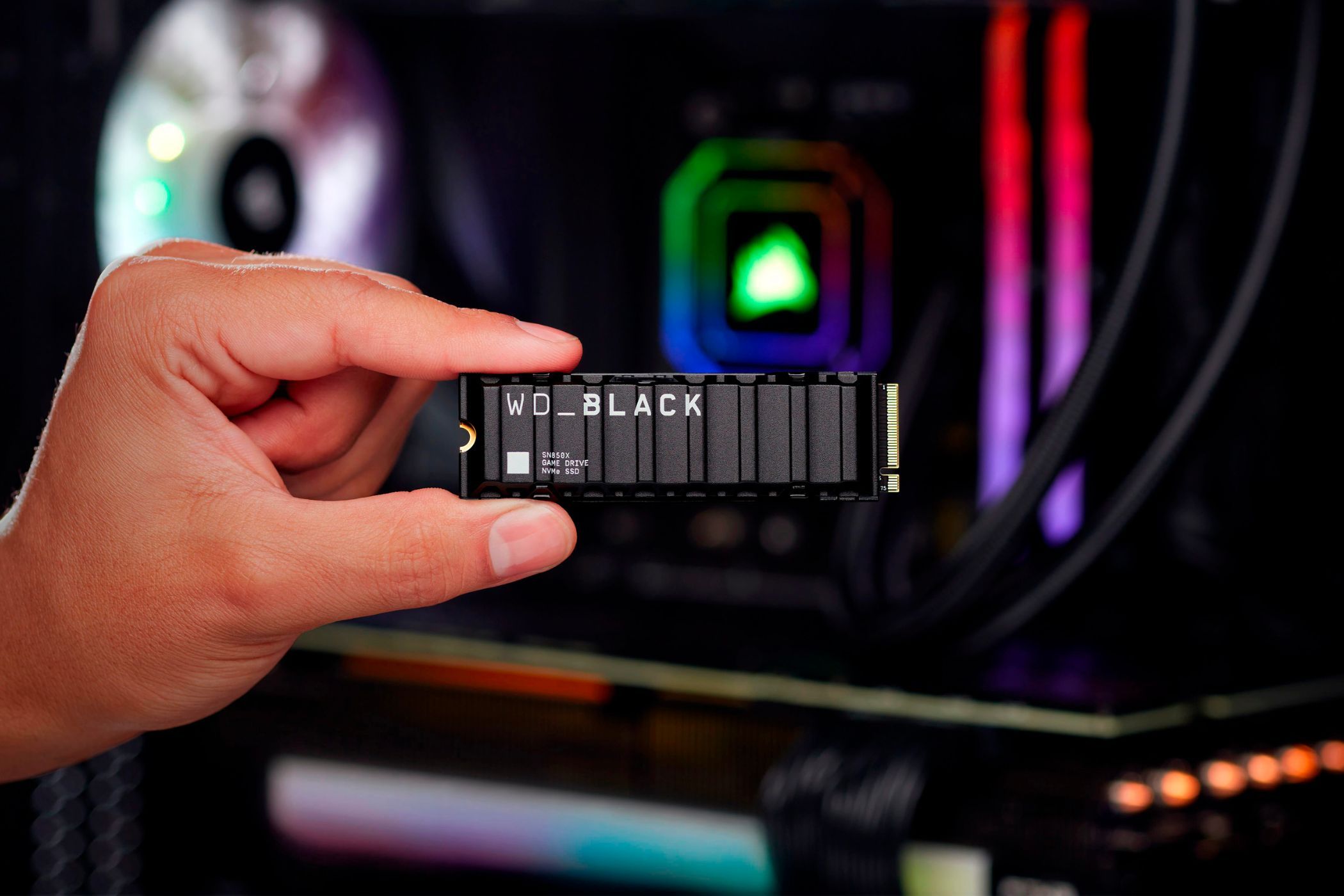If you are still using an HDD in 2024, then I have some bad news and good news for you. The bad news is, that it’s time to upgrade, because if you want a smooth gaming experience in today’s age, you really need a new SSD for your gaming PC.
The good news is that SSDs are much cheaper than they used to be and have much bigger storage sizes now. So if you’re on the fence about upgrading to an SSD, then follow along and find out all the advantages this upgrade could bring to your system.
The disadvantages of upgrading to an SSD
Cost and capacity
The number one reason people are hesitant to replace their old HDD with a new SSD is that SSDs are more expensive than a normal HDD. Although the price of modern SSDs has drastically decreased over the years, you are still looking at a pretty penny if you want to replace all your drives with SSDs. But in 2024, there is almost no excuse not to buy a small SSD just for your storage, and continue to use your HDDs for hard storage if you want to save some cash.
The second-biggest disadvantage of an SSD, apart from the increased costs, is the size of the drive. While you’d be hard-pressed to find 128GB, 250GB, or even 500GB HDD in today’s age, these sized SSDs are the most commonly bought SSDs on the market (mostly used to just store the OS).
Even though there are SSDs with terabytes of space, the increased cost often scares potential upgraders away. Having a smaller-sized SSD isn’t a problem for general use, but it becomes a problem on a gaming PC in an era where most modern AAA games can easily be upwards of 100GB in size.
The advantages of upgrading to an SSD
Read and write speed
SSDs are far superior to HDDs in terms of read and write speeds. The typical HDD will only have an average read-write speed of 30-150 MB/s, whereas even the slowest SSD will have speeds of around 500MB/s with faster types of SSDs like NVMe drives which have upwards of 7000MB/s. So, that being said, there is no comparison between the two types of drives in terms of speed. But how does this relate to gaming?
Well, there are a few aspects of games that heavily use read-write speeds. Firstly, loading screens will be much faster. This could be anywhere from a few seconds faster to a few minutes faster depending on the game. This may not seem like a big deal, but if you are playing a large open-world game that separates the “dungeons” and the open world by loading screens (I’m looking at you Bethesda games), then this could easily save you hours of wasted time during your run through of the game.
Another aspect is texture rendering. While your SSD can’t improve your graphics outright, it can significantly improve your rendering distance and speed. If you’ve ever played a fast-paced game where you are constantly moving and entering new areas, your PC has to read and write all that information in the game files and send it to your GPU/CPU for processing. This is why having a faster SSD drive can significantly improve your rendering speed and distance in the game.
Durability
SSDs use flash storage, which makes them much more durable than HDDs since the drives having no physically moving parts. SSDs are easily able to run for 5–10 years under normal use, whereas HDDs technically have a lifespan of 3–5 years. These are just averages though, as my HDDs have lasted 12 years with no issues. However, this may be the exception and not the rule.
Power efficiency, temperature, and noise
SSDs are much more power efficient than HDDs, making them great choices for gaming laptops where battery life is a priority. While this may not be as useful for a gaming desktop, it still helps you to use less power overall for your gaming PC.
This extra power efficiency also translates into less heat being generated and thus a lower overall temperature throughout your PC. The lack of physical moving parts on the SSD also lowers the amount of noise it creates, and since there is less heat in the system, this also means that your case and CPU fan don’t have to work as hard to keep the PC cool. All these smaller effects do add up, even if it is only slightly.
There’s no reason to not use an SSD on your gaming PC in 2024
Upgrading your HDD to an SSD is not going to improve your games the same way buying a new GPU will. But sometimes the general quality of life improvements it brings to your PC, like faster booting and loading times, less sluggish read and write speeds, as well as lasting longer and running more smoothly, will be enough to justify the extra cost of an SSD. So if you haven’t already, now is your time to give your gaming PC the upgrades it deserves.






